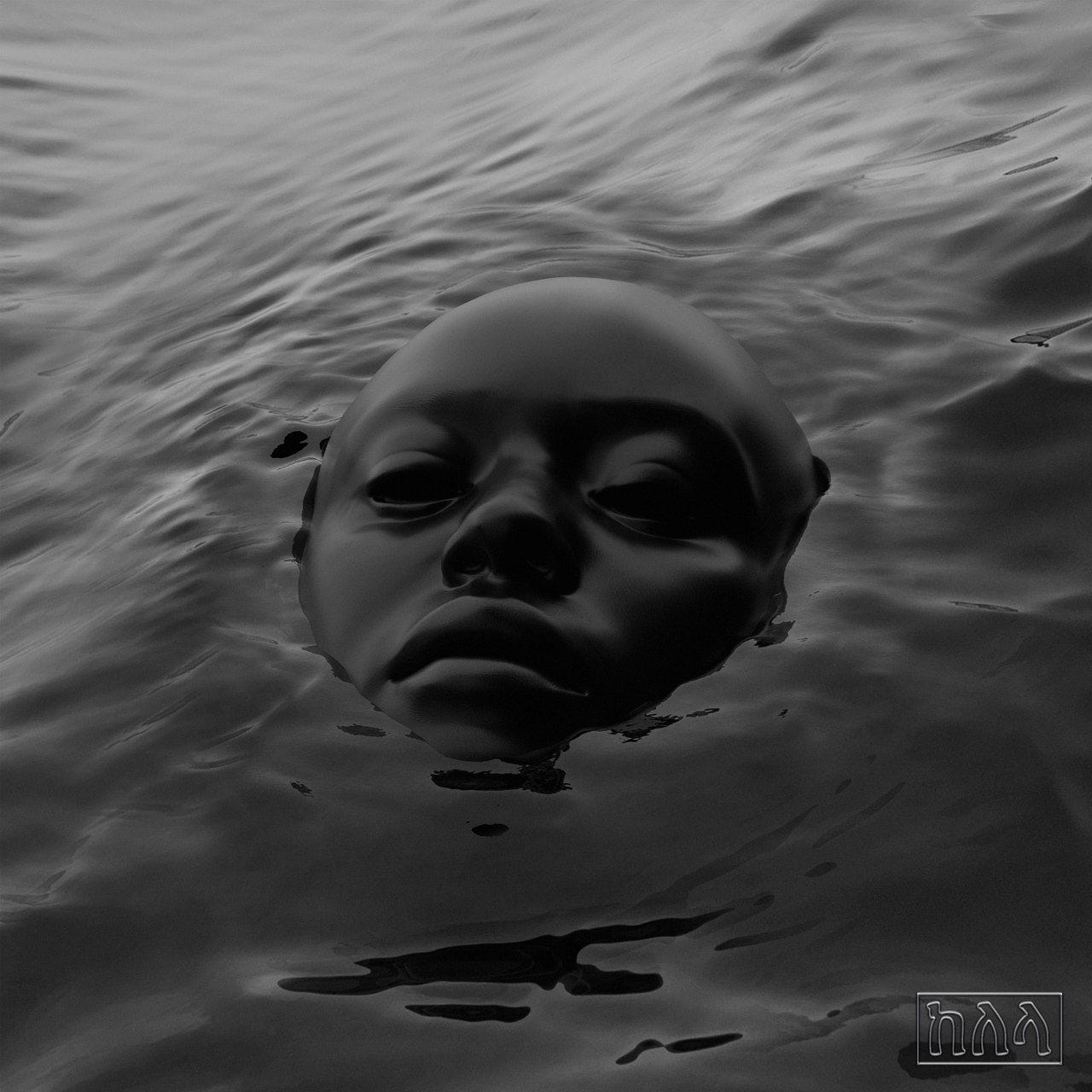Kelela's Raven is just alright
Anticipation can be a bitch. The curse of expectations afflicts all levels of music, from the creators themselves, to the labels, to fans. In this sense, I don’t envy Kelela one bit. 6 years between albums? This sounds like a hell of your own making, letting pressure pile up while you carefully craft your next artistic and personal statement. Of course, this is not her fault, as we have been conditioned to demand music like ravenous hyenas, an IV drip of content to always be available. In between being hacked to hawk PS5s, Kelela made the exact album she wanted to make, and it’s a testament to her integrity she never let anyone rush her on this fact.
She has always been a good singer, but on Raven, Kelela’s voice becomes her greatest quality. They are stellar throughout, perfectly encapsulating her emotional testimonies and excursions on club nights. This is the Kelela show. Whether flanked by breakbeats or crooning above lonely synths, her voice stands as the primary instrument on every track. And to its credit, the production is in-tune with this concept the whole time. All hands are on deck, locked in with Kelela’s vision of Raven, the captain steering the ship exactly as intended.
But it is that same production that feels lacking. Much has been penned about how Raven draws from club music as a black queer phenomenon, and how it ties into what Kelela is trying to accomplish artistically on this album. The problem therein lies that the music itself doesn’t have the same panache as its predecessors. This is largely comedown music, and that’s fine, but it’s more akin to stuff you hear when you are ready to leave the dance floor rather than jump onto it.
That’s what’s so disappointing about Raven is that she never really goes for it; you are required to have a certain emotional investment with the frictional romantic themes Kelela brings to the table. Something like Kelela & Napolian’s (RIP) “Guns & Synths” would’ve bridged the gap smoothly, injecting much-needed energy while never sacrificing the tender core at the center of the album. Similarly, “Rewind” fits the aquatic motif but does it with an infectious glee that is never really found on Raven.
Honestly, the most analogous album I can correlate with Raven is Kendrick’s Mr. Morale & The Big Steppers. They contain a critic-proof quality—those who get it get it, those who don’t, don’t. And I can certainly appreciate the scope and depth both albums attempt, and many times succeed at. But they both ring hollow in my eyes, more concerned with thematics than elevation of the form. Kelela already contains a canon of classics, and she definitely has nothing left to prove. The question then becomes, what else does she have to show?




